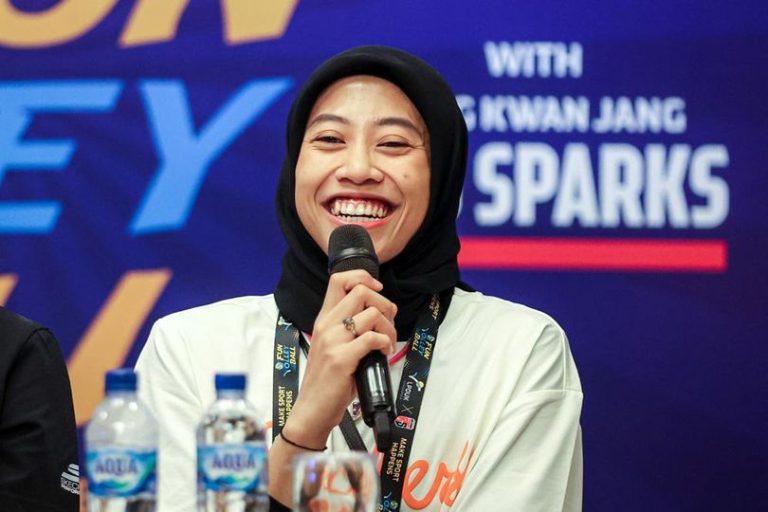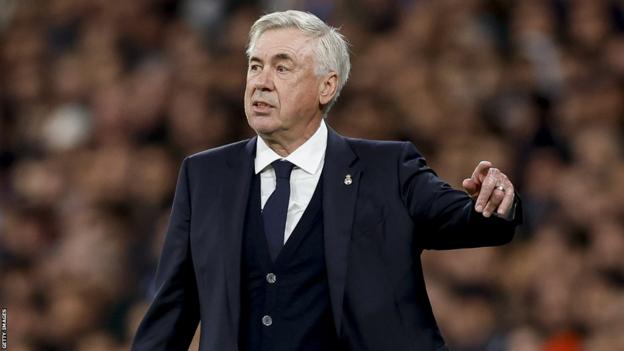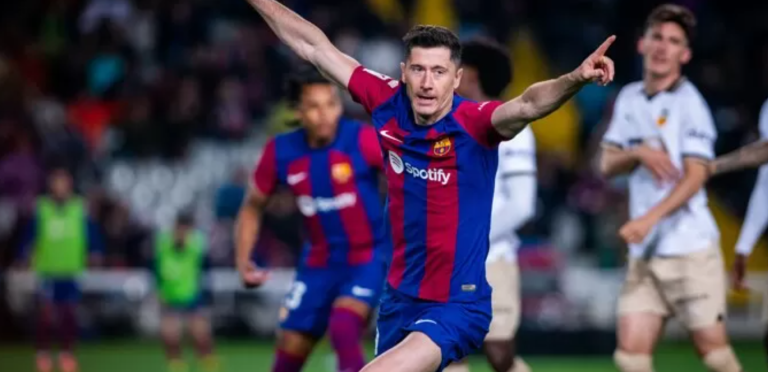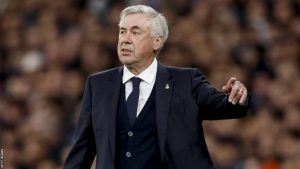The world soccer competition has been stopped due to the impact of the spread of the covid-19 virus. All components of the world of football must pause and focus on preventing the spread of the virus. Just like other communities, they must remain at home and limit socialization with people around.
For players, this condition will certainly bring up many challenges. One of them is rearranging dietary patterns. In the normal competition calendar, according to data from the 2016/2017 UEFA Elite Club Injury Study Report, it is said that the average European team practiced 21 times and competed 5 times in a period of 1 month. Peter Krawietz explained in liverpoolfc.com, every single Liverpool training session was carried out in the duration of 60-90 minutes.
Players may be able to do the exercises they usually do at their respective homes. But of course, the best players can do independent training at home, certainly not as much as they can when training with the club in the competition calendar. If the player is not smart to reset the diet pattern, the player may be overweight when the competition is rolled out again.
With the decrease in intensity of physical activity undertaken by the player, of course the calories burned will decrease as well. To find out the average calories burned in training and competition, we must know in advance the average weight of European players.
According to Laura Sutton’s research the average goalkeeper in the English Premier League has a body weight of 91.2 kg. Meanwhile, the defender has an average weight of 86.0 kg, the center player is 78.0 kg, and the attacker has an average weight of 82.7 kg. When referring to the treated.com data for the English Premier League 2018/2019 it can be seen that the average weight of the English Premier League players is around 76 kg.
From the treated.com article it was explained that one Newcastle United player was able to burn an average of 32,323 calories during the 2018/2019 season. This means, each match the average Newcastle United player burns around 850 calories. How was the training phase? In the exercise phase, according to www.health.harvard.edu data, soccer training burns an average of 210-311 calories for every 30 minutes of exercise depending on the person’s weight.
Being overweight will certainly affect the Body Mass Index (BMI). Increased body mass index will certainly have an impact on player performance. According to Dr. Mahesh Singh Dhapola and Dr. Bharat Verma (2017) said that there is an inverse relationship between body mass index with agility. The higher a person’s body mass index will result in decreased ability to dribble and agility.
Robert Podstawski also conducted research on the effects of an increase in body mass index on physical performance. In a study of endurance using the burpee test method for 3 minutes, Podstawski found that just a 1% increase in body mass index parameters would reduce the ability to do a burpee test by 0.97%.
Then what should the player do to continue to maintain his physical condition during competition breaks like this? In research Melinda M Manore (2015) explained there are several steps that players can take to maintain body weight during competition breaks.
The first is to increase protein intake. Increasing protein intake in a state of competition has proven effective for keeping a lean body. Normally, athletes need a higher protein intake than ordinary people which is around 1.4-1.7 g / protein / kg body weight compared to 0.8 g / protein / kg body weight needed by ordinary people. In her research, Melinda added protein intake for athletes to 2.3 g / protein / kg body weight and was proven to be able to maintain lean body tissue and avoid the accumulation of fat in tissue. Not only that, high protein consumption can also provide a longer full sensation so that athletes will not be hungry easily.
The second way is to apply one of the diet methods, “Low-Energy Dense Diet Plan” or Low-ED. Low-ED is a diet concept that consumes low-calorie foods such as fruits, vegetables, whole grains, or low-fat meat. With this diet, athletes get the freedom to consume large amounts of food and provide a sensation of fullness, but on the other hand the low calories of food consumed will not make athletes gain weight even though the intensity of the exercise they live tends to decrease.
















